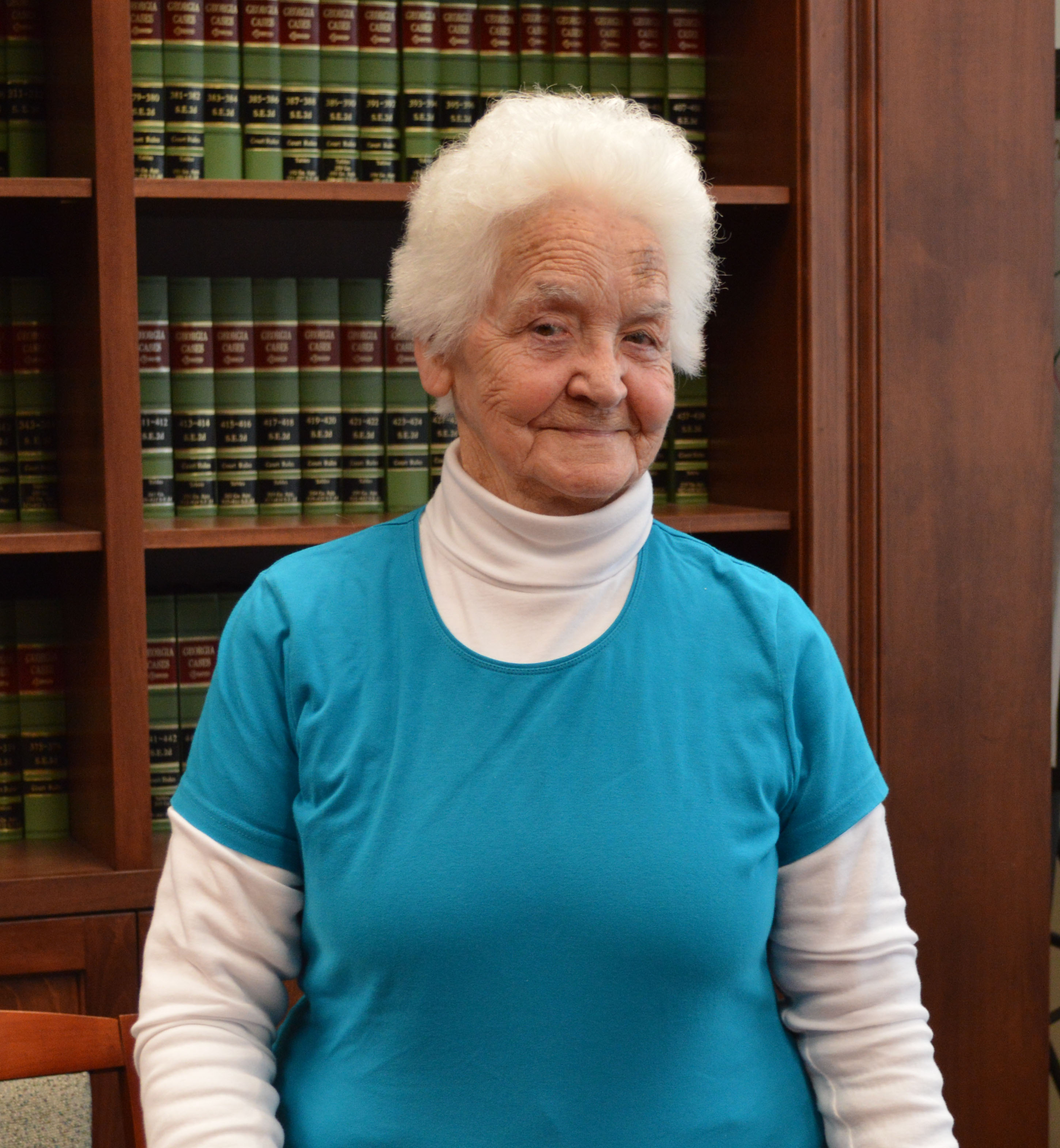Paula Deen, her brother, and her companies have been sued for racial discrimination, assault, battery, sexual harassment, amongst other unlawful, humiliating conduct practiced upon their employees. Ms. Lisa T. Jackson is the plaintiff in this matter and the former general manager at one of Paula’s restaurants. Ms. Jackson worked for Paula Deen from approximately 2005 to 2010.
Hired to do “a man’s job:”
Paula Deen put her in the position of general manager to clean up her brother Bubba’s failing restaurant which was called “Uncle Bubba’s.” At that time, the complaint alleges that Paul Deen stated, “if you think I have worked this hard to lose everything because of a piece of p***y think again. . . And now I am going to do something I have never done. I am going to put a woman in a man’s job” giving Ms. Jackson six months to turn the restaurant around.
Called “my little Jew girl:”
The complaint alleges that in six months, Ms. Deen’s directive was accomplished and as a result she was called “my little Jew girl” by Paula’s brother and “almost Jewish” by their Certified Public Accountant (CPA). As general manager, Ms. Jackson alleges that in spite of her accomplishments, she was not paid a salary equal to her male counterparts and was told by the CPA that “women are stupid because they think they can work and have babies and get everything done” and that Paula’s brother Bubba “would not permit a woman to be paid any more than she was already paid.”
Ms. Jackson stated that she and her employees were subjected to oppressive sexual and racial harassment including being subjected to inescapable pornography that brother Bubba brought into her office every single day.
Sexual Harassment:
The complaint alleges that Paula Deen’s brother Bubba would ask Ms. Jackson if she would bring pictures of when she was young for him to view, would comment on her physical appearance, comment on other female employees physical appearance, and regularly made abusive comments that included talking about men putting beer on top of a woman’s head while “she is giving you a blowjob.” Ms. Jackson also alleges that Paula Deen’s brother Bubba Hiers forcibly and unlawfully grabbed her face, kissing her and spitting upon her.
Racial Discrimination Including Use of the N-Word:
Ms. Jackson (who is Caucasian) alleges in her complaint that both Paula Deen and her brother Bubba Hiers also subjected her to racially discriminatory conduct every single day. For example, the complaint Ms. Jackson states that when she asked Paula Deen what type of uniforms she preferred the servers to wear, Paula Deen responded by stating:
“Well what I would really like is a bunch of little n*ggers to wear long sleeve white shirts, black shorts and black bow ties, you know in the Shirley Temple days, they used to tap dance around. . .Now that would be a true southern wedding wouldn’t it? But we can’t do that because the media would be on me about that.” laughed Paula Deen to Ms. Jackson.
Keeping Blacks in the Back:
Ms. Jackson states in her complaint that all African American staff persons at her restaurant were required to use one restroom in the back of the restaurant and not the customer restrooms even though the white staff were allowed to. Additionally, she alleges that African American staff persons were not allowed to go to the front of the restaurant and that when Ms. Jackson hired two African American hostesses, Paula’s brother Bubba Hiers repeatedly complained. Ms. Jackson also alleges that Bubba would start drinking whiskey at approximately upon 10:00 a.m. where he began his day of drinking and abusive behavior.
“Don’t You Wish You Could Rub All The Black Off of You And Be Like Me?”:
The complaint alleges many of Bubba’s abuse including stating: “I wish I could put all those n*ggers [in the kitchen] on a boat to Africa;” that he told a black security guard: “don’t you wish you could rub all the black off of you and be like me. . you just look dirty I bet you wish you could;” told a vendor that he had a “bunch of coons in this kitchen,” told jokes using the word n*gger in the presence of others, physically and violently shook an African American kitchen staff person and challenged other black kitchen workers to fight him.
After five years of being subjected to Bubba Hier’s abusive violent conduct Ms. Jackson states she began developing enormous stress which caused her chest pains, panic attacks and later serious medical consequences which made her doctor insist she stay away from work and request that he admit her to the hospital. The complaint allege that she made pleas for relief to senior management reporting the discriminatory conditions and abusive treatment she confronted.
Ms. Jackson is asking that the Court permanently enjoin Paula Deen, her brother, and her companies from further unlawful conduct including awarding her damages and attorney fees.
To view the actual complaint, click here: Jackson v. Deen, et al. Complaint(1).pdf
Continue reading →
 Georgia Injury Lawyer Blog
Georgia Injury Lawyer Blog





 One of the main reasons many of our new clients contact our law firm is because they have heard how we were able to help save a friend or family member’s job and they need the same type of help. Oftentimes, they believe their boss is about to fire them because they see the writing on the wall, for example, they have just been placed on a professional improvement plan or professional development plan and they know their boss is building a paper trail against them to set them up for termination.
One of the main reasons many of our new clients contact our law firm is because they have heard how we were able to help save a friend or family member’s job and they need the same type of help. Oftentimes, they believe their boss is about to fire them because they see the writing on the wall, for example, they have just been placed on a professional improvement plan or professional development plan and they know their boss is building a paper trail against them to set them up for termination.
 In a recent Fair Dismissal Hearing, the Tribunal published its “Findings of Fact and Recommendations to the DeKalb County Board of Education” stating that it “rejects the recommendation to terminate the contract” of a media specialist educator based upon the Reduction in Force plan.
In a recent Fair Dismissal Hearing, the Tribunal published its “Findings of Fact and Recommendations to the DeKalb County Board of Education” stating that it “rejects the recommendation to terminate the contract” of a media specialist educator based upon the Reduction in Force plan. 